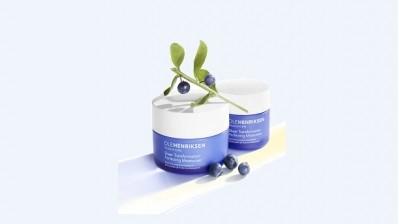Five Nordic countries set to consider microbead ban

The Committee for a Sustainable Nordic Region, a working group that works with the governments of Finland, Norway, Denmark, Iceland and Sweden, adopted the proposal at a recent meeting in Norway’s parliament.
The move means that, if voted through, each of the Nordic governments must now consider the proposed ban, and submit a response to the Nordic Council later this year on whether they will implement it or not.
The proposal will officially be voted on in the Nordic Council session in Stockholm on 5 April, and if passed, will go on for government consideration across the five nations.
Microbead bans
Many countries and regions across the world have already adopted, or are taking steps to implement, bans on the use of microplastics in cosmetics.
The US signed it into law last year and the UK government announced a ban in September 2016. Australia has stated that it is looking to ditch microbeads as early as by the end of this year.
Many major multinationals are also making strides in eliminating their use: L’Oréal has set various targets for the reduction of microbead use in its products.
Microplastic waste in Nordic nations
According to a report from Chemical Watch, the proposal from the Committee for a Sustainable Nordic Region notes that personal care products result in some 40 tonnes of microplastic in wastewater in Norway each year, and similar results have been found in Denmark.
Hanna Kosonen acknowledged that the committee does not expect passage of the measure would dramatically reduce microplastics in seas and rivers, but want to send a signal to policy makers around the world about the damage microplastics do to the environment.
Indeed, she notes that “it puts the adverse effects of microplastics in the spotlight.”







